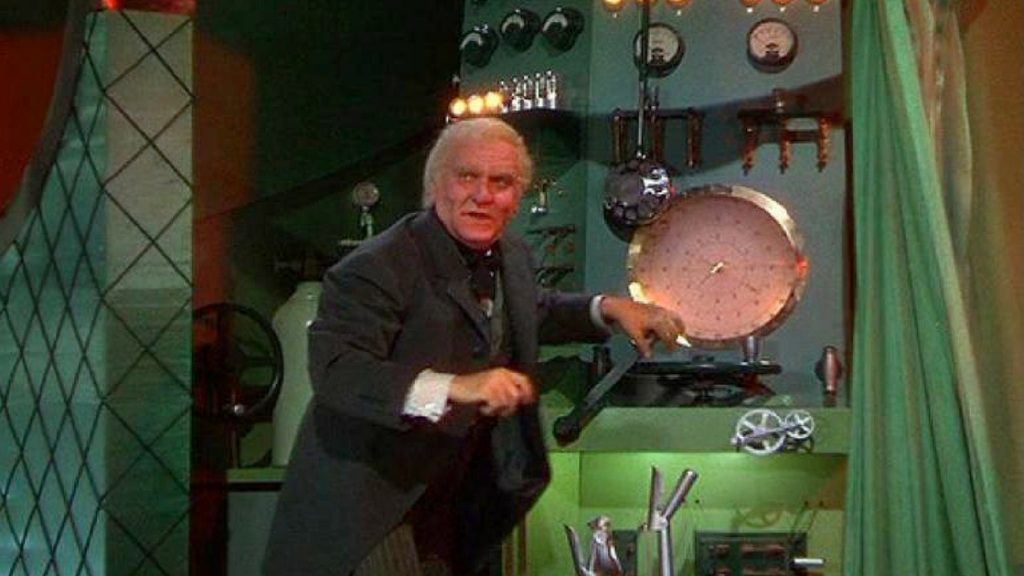A speech for “enough of us”?
January 20, 2021
In his Inaugural Address, President Biden tried to speak to as many souls as would hear him. How many did?
For many years I’ve shown audiences of speechwriters all over America and all over the world President Carter’s famous “Crisis of Confidence” speech, also known as his “malaise” speech, even though he did not utter that word once during the long, televised Oval Office address.
I show the speech as a cautionary tale.
Like the nation that watched the speech live in 1979, my audiences are mesmerized. And yet they come away feeling that the speech came off on a continuum between sad and a little creepy.
And I ask them why.
The things Carter said, he said in much the same terms as Joe Biden spoke today. Carter spoke of “a crisis that strikes at the very heart and soul and spirit of our national will. We can see this crisis in the growing doubt about the meaning of our own lives and in the loss of a unity of purpose for our nation. The erosion of our confidence in the future is threatening to destroy the social and the political fabric of America.”
“First of all, we must face the truth, and then we can change our course. We simply must have faith in each other, faith in our ability to govern ourselves, and faith in the future of this nation. Restoring that faith and that confidence to America is now the most important task we face. It is a true challenge of this generation of Americans …
“With God’s help and for the sake of our nation, it is time for us to join hands in America. Let us commit ourselves together to a rebirth of the American spirit. Working together with our common faith we cannot fail.”
What is the matter with any of that?
And why am I making you reread a 40-year-old Jimmy Carter speech to discuss Biden’s speech?
Because it has to do with what we looked to in a president four decades ago, and what we look to in one now–what we know we need in one now. I think our relationship with our country and its leadership has changed—because of the president we just had, and the situation we find ourselves in.
I think Carter came off like a sanctimonious moralist because he was telling people things they didn’t think a president had any business talking about: personal things, things of the soul, the “meaning of our lives.” President Carter forgot for a second that he wasn’t Pastor Carter, and Americans reminded him.
And now comes Joe Biden, a guy we’ve all known for a half century and thought of as a mediocrity most of that time, more or less. He’s preaching to us about unity, and how we should treat our fellow citizens. “My whole soul is in this,” he tells us. He’s talking about unity. Not factional unity or political unity. Personal unity, with the folks we’ve been rassling with for four years so bad we’ve got wounds with dirt still in ’em.
“History, faith, and reason show the way, the way of unity. We can see each other, not as adversaries, but as neighbors. We can treat each other with dignity and respect. We can join forces, stop the shouting, and lower the temperature. …
“Hear one another. See one another. Show respect to one another. Politics doesn’t have to be a raging fire, destroying everything in its path. Every disagreement doesn’t have to be a cause for total war. …
“We must end this uncivil war that pits red against blue, rural versus–rural versus urban, conservative versus liberal. We can do this if we open our souls instead of hardening our hearts.
“If we show a little tolerance and humility, and if we are willing to stand in the other person’s shoes–as my mom would say–just for a moment, stand in their shoes.”
This morning I read a Facebook post by Michael Gary Clendenin, a veteran communication exec who I’ve disagreed with politically over the years (though he probably didn’t know it), “to wish you all a happy, joyous, and hopefully healing Inauguration Day.”
He wrote:
“It is clear that to say that this nation has a divide to mitigate is an understatement. It is an abyss. We cannot celebrate a peaceful transition of power, nor even a respectful one, as we have in nearly every other transition, including four years ago to the outgoing President, and eight years before that from Bush to Obama. But we can celebrate a transition, and take upon ourselves the responsibility to role model for our elected leaders, rather than to expect to see examples from them, how to have respectful dialogue, open, truthful and honest debate, and a spirit of collaboration and compromise to achieve a benefit to something greater than our own selfish wants, but rather to the collective good of the country and all its people.”
I think it may be a little hopeful to expect that our leaders will treat us as role models. But I certainly think we can be role models to one another. And I think we must. And I think some of us already are!
Even over the last four years, I’ve seen many people take amazing pains to entertain discussions on their pages with reasonable people with whom they disagree–sometimes, when that disagreement seems hopeless. “My wife tells me it’s pointless,” one of these people told me the other day.
No, it’s not. Nothing you do to make peace is pointless, just as I’ve come to believe that no effort to understand is wasted.
It’s the least we can do. And for most of us, it’s often the most we can do.
And at this moment in our nation, Joe Biden didn’t sound like Jimmy Carter. He sounded like Michael Gary Clendenin–an American citizen, beseeching his fellow American citizens to do what they know they need to do if they have any sense left at all of how this troubled nation might survive.
Not all of us, of course.
But as Biden said, “enough of us” can come together “to carry all of us forward.”
My friends, communication colleagues and readers, let’s make sure we are part of that group. Let’s be part of the “enough of us” we’ve been waiting for.



